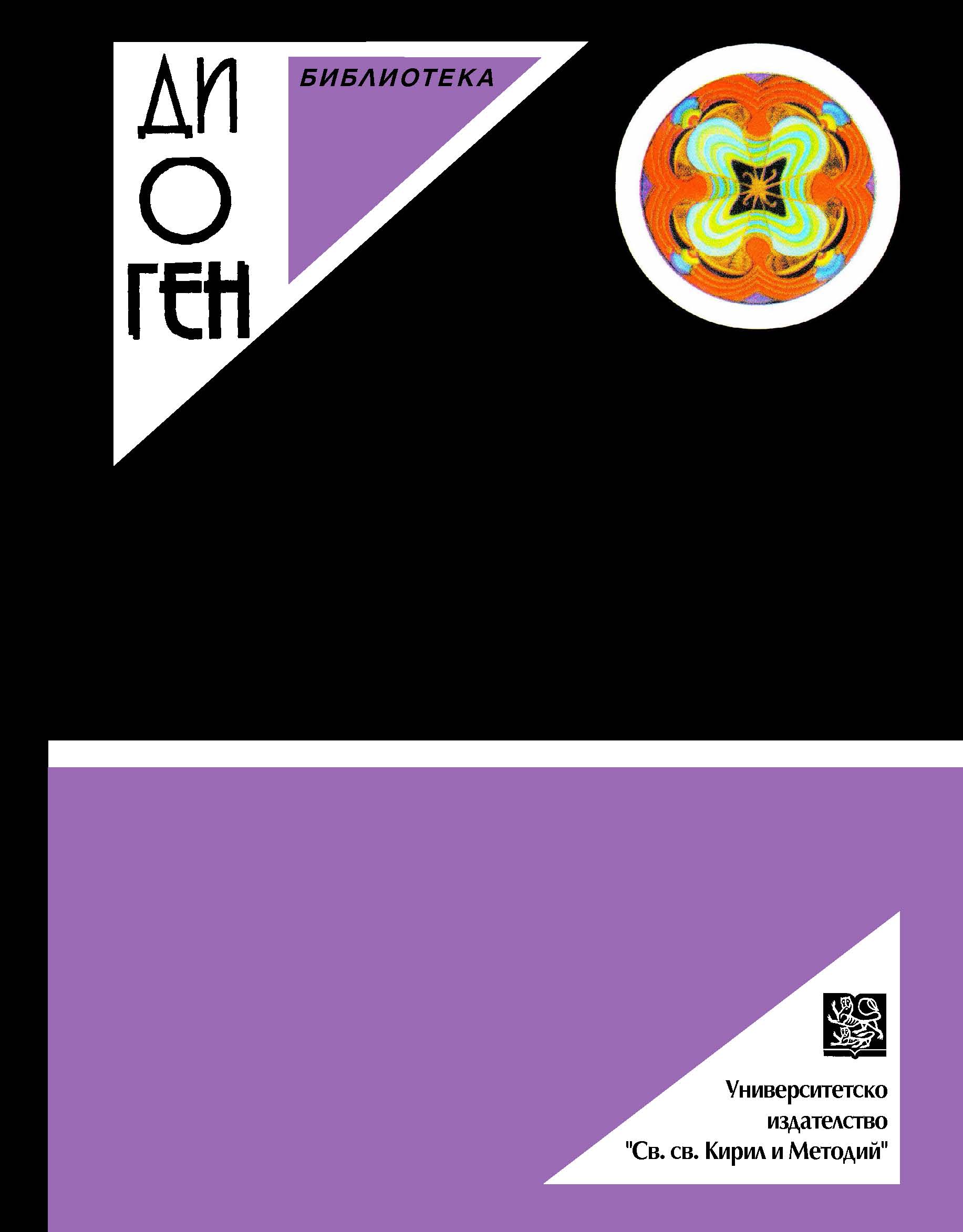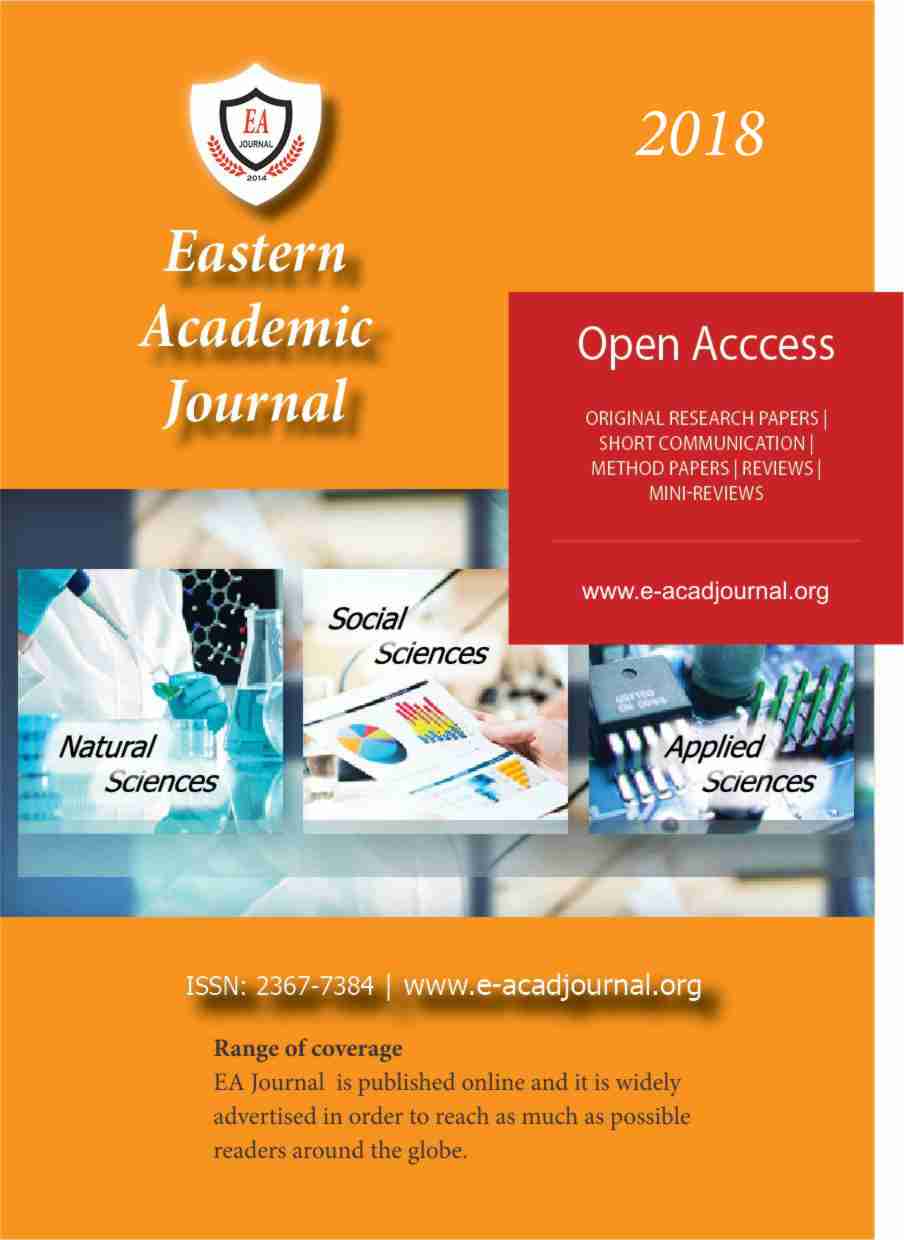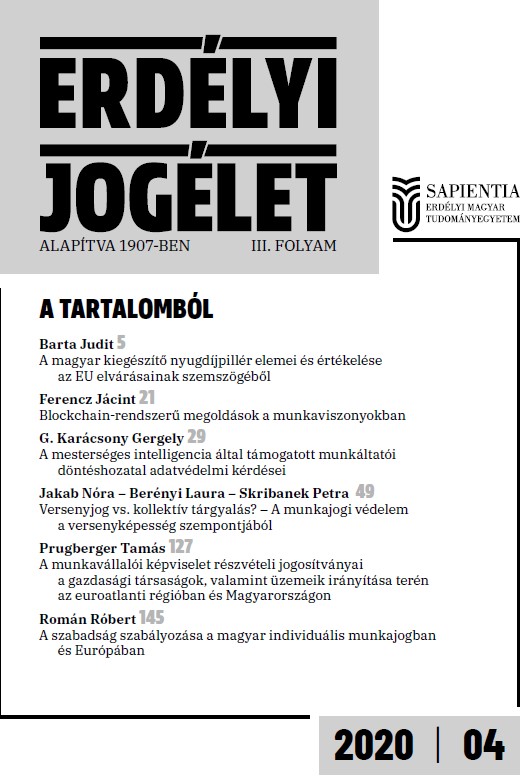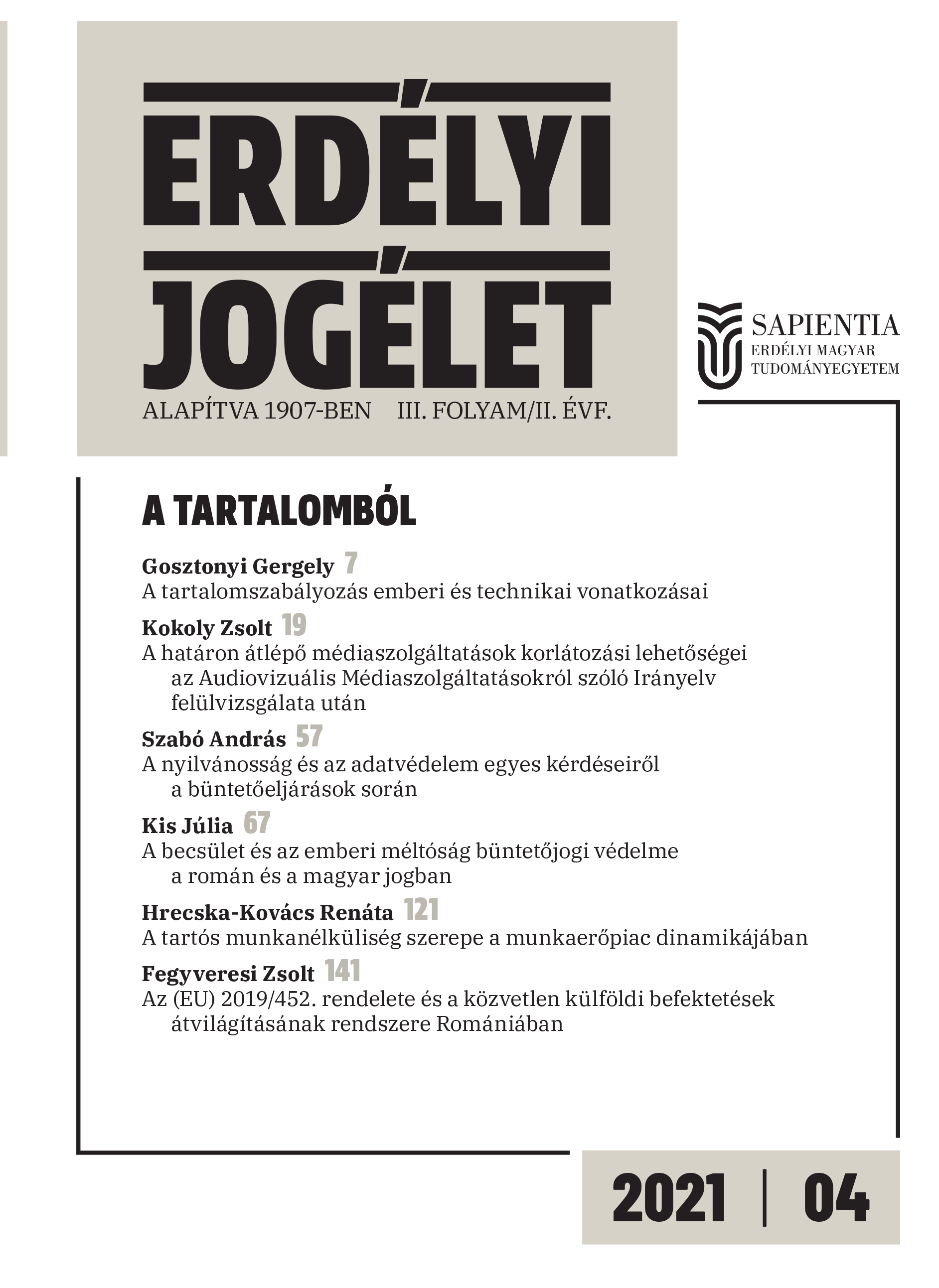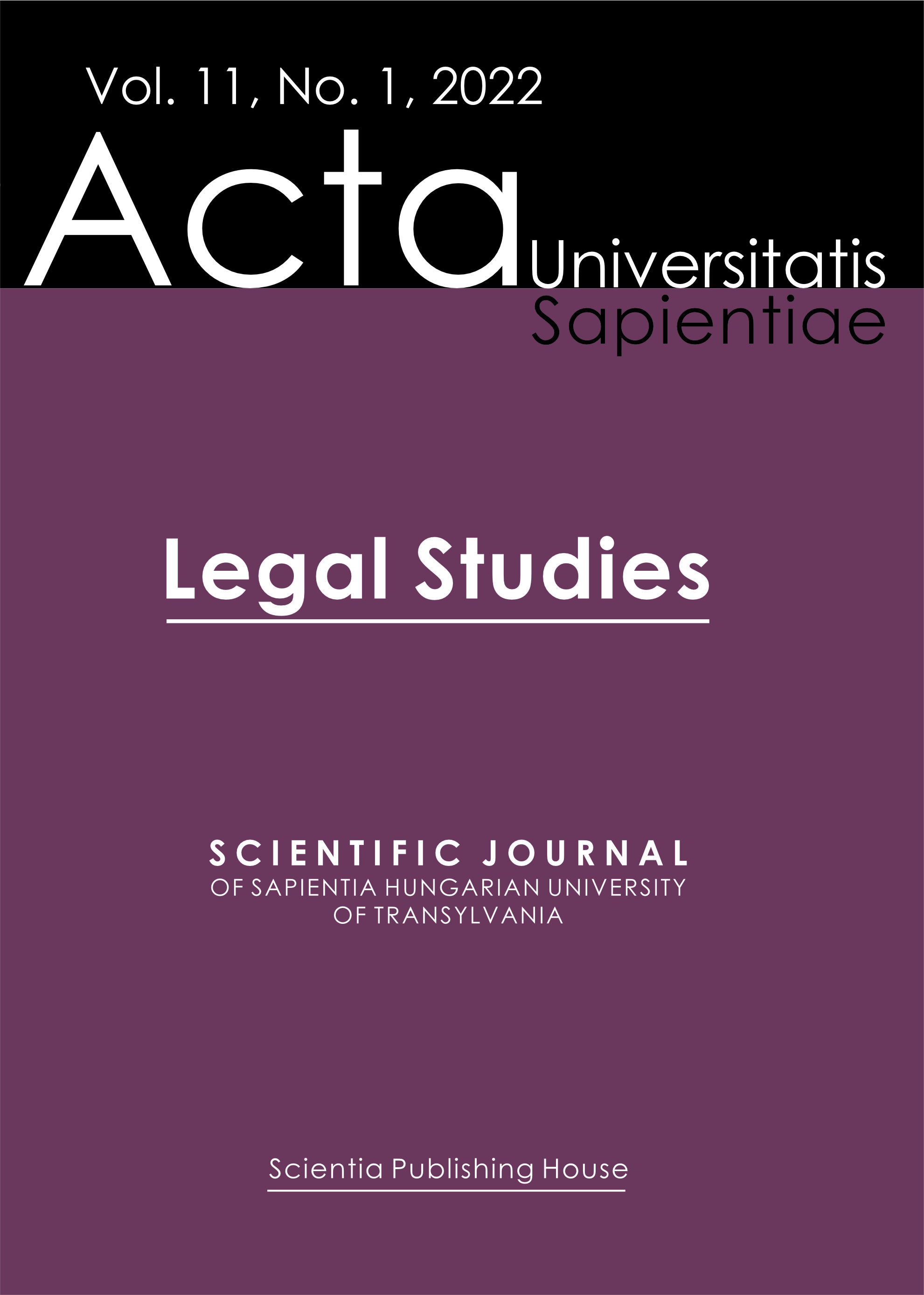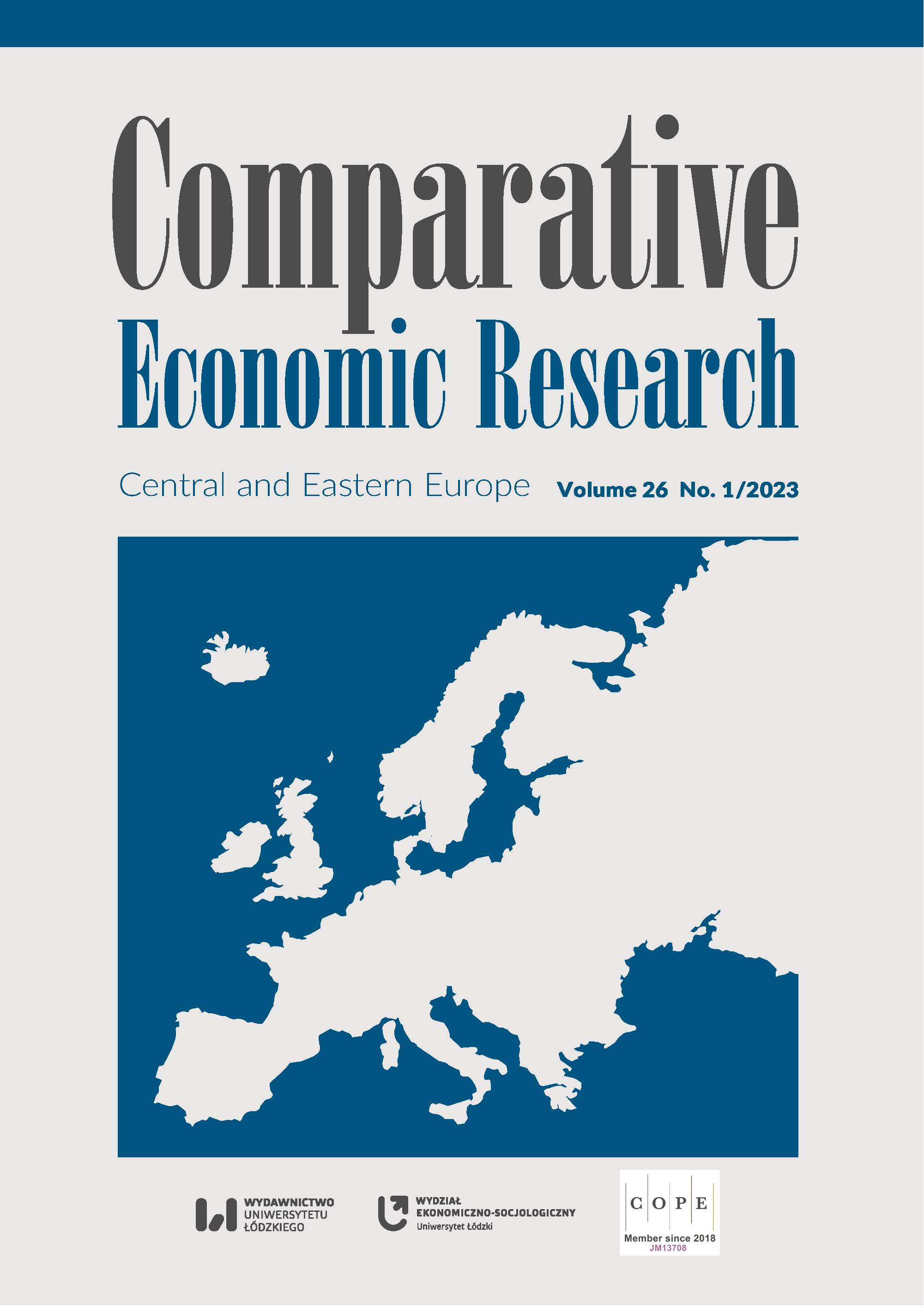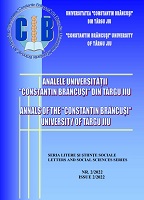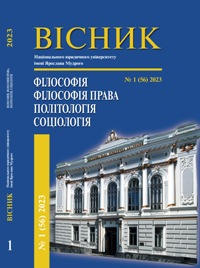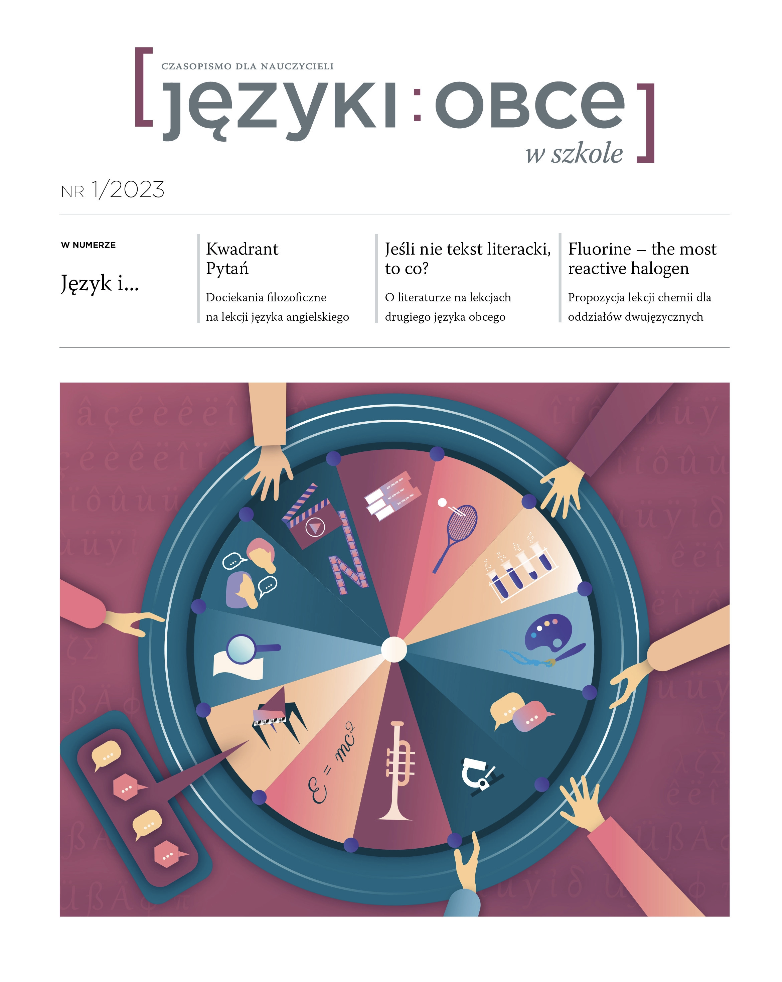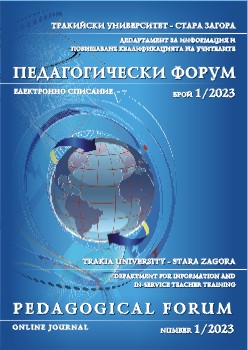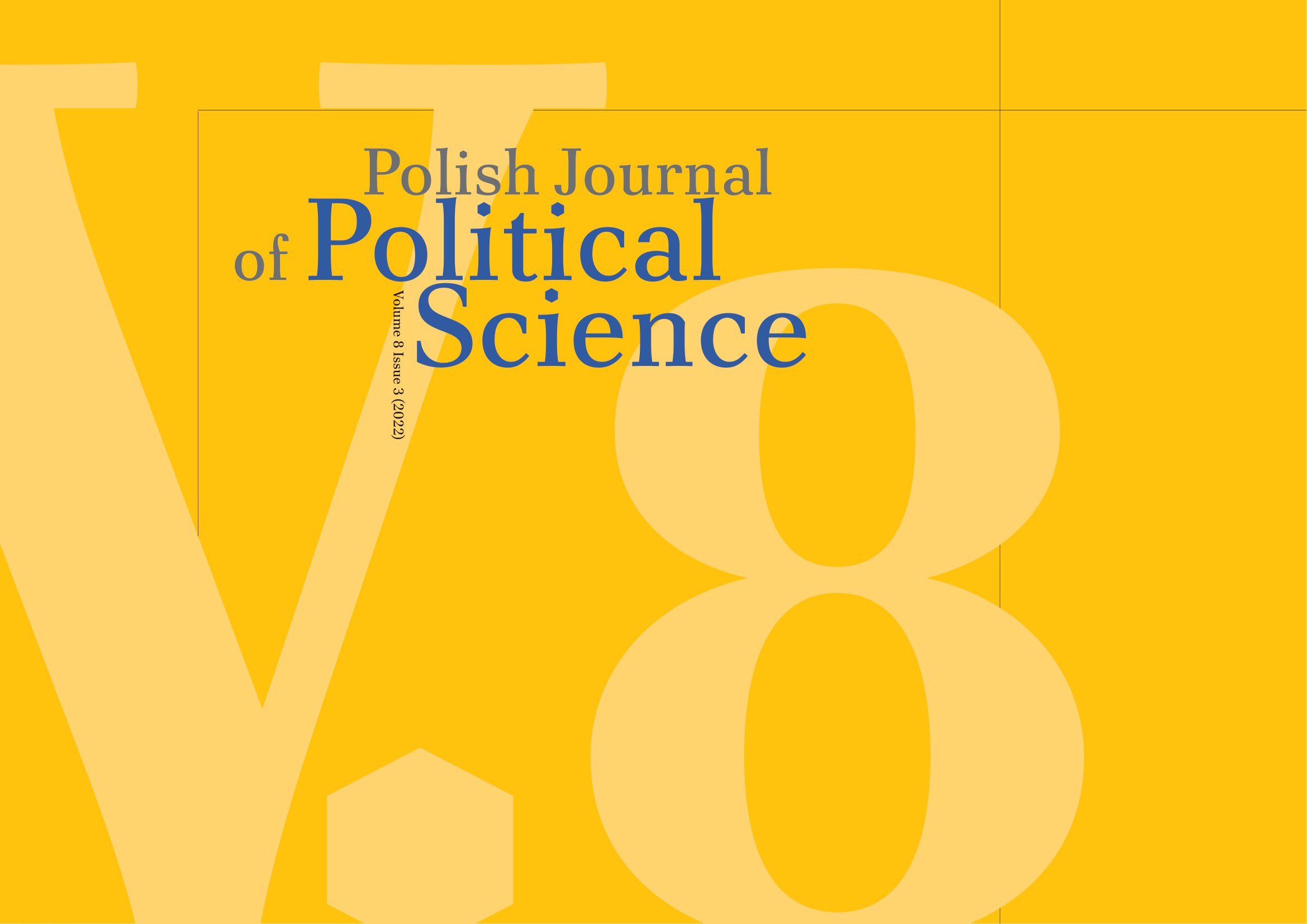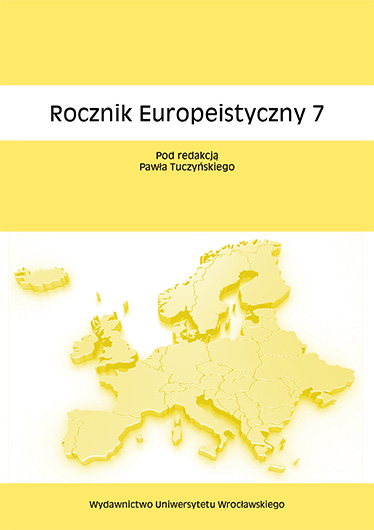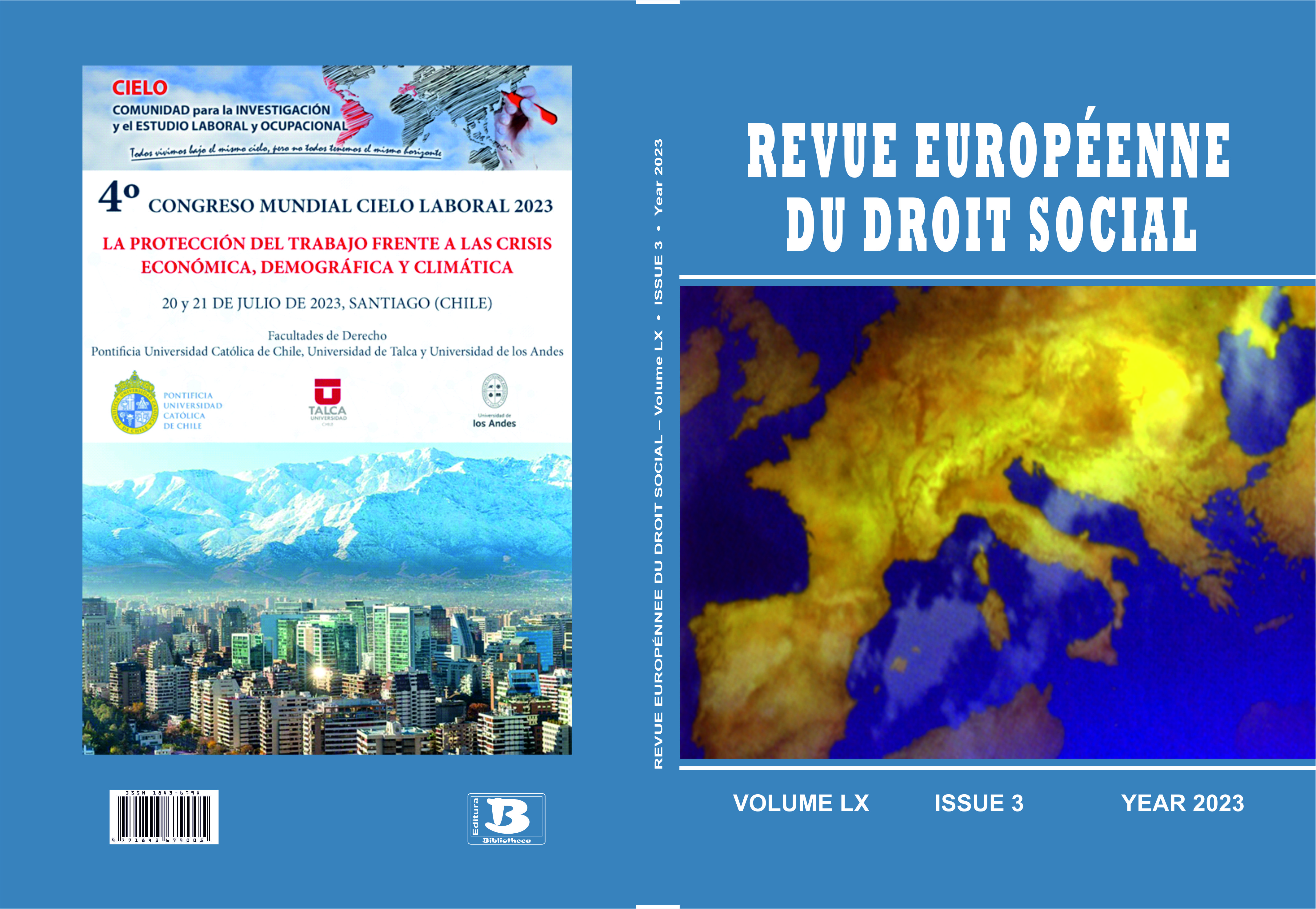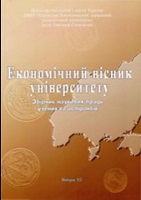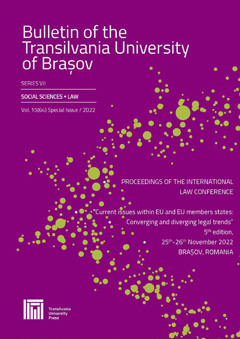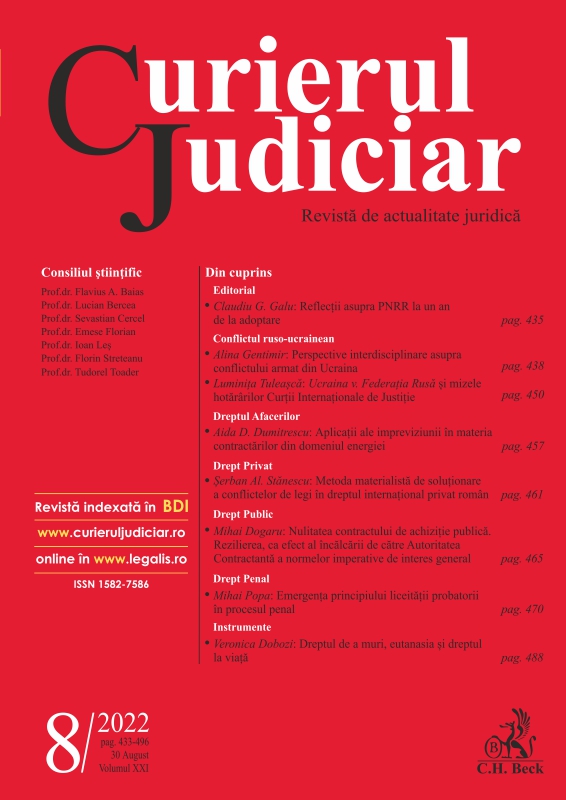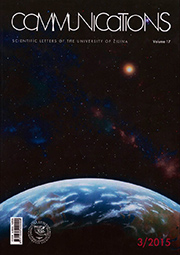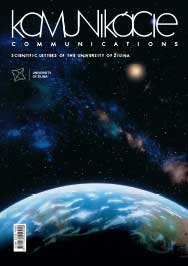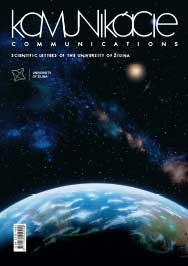ЄВРОПЕЙСЬКИЙ ДОСВІД ФУНКЦІОНУВАННЯ ТА КОНТРОЛЮ МЕХАНІЗМУ ЗАКУПІВЕЛЬ ТОВАРІВ, РОБІТ І ПОСЛУГ ЗА БЮДЖЕТНІ КОШТИ
Author(s): Iryna Ksonzhyk,Halyna Matskiv,Nataliya Sorochan / Language(s): Ukrainian
/ Issue: 55/2022
Keywords: public procurement; goods; works; services; mechanism; Directives; efficiency; state authorities; municipalities;
The subject of the study is the practical experience of the functioning of the mechanism of public procurement of goods, works and services in the member states of the European Union, its reformation under the influence of the introduction of new EU legislative norms in the field of public procurement, and the harmonization of the national legislation of the participating countries with Directives 2014/23/EU, 2014/24/EU and 2014/25/EU. The purpose of the work is to establish the impact of the new legislative norms of the European Union in the field of public procurement on the mechanism of procurement of goods, works and services for budget funds in the European Union, to identify the advantages of applying these norms. The methodological basis of the article is a set of cognitive methods applied to the mechanism of public procurement. The research was based on general scientific methods, namely: dialectical, which implies objectivity, comprehensiveness and systematic knowledge; logical; special methods of scientific knowledge: historical, method of systematic analysis and generalization of normative documents. The general logic of the article is based on a complex and systematic approach using modern scientific apparatus. Results of the article. The article establishes the main directions of changes in the mechanism and tools of public procurement in the countries of the European Union, which took place after the implementation of the norms of Directives 2014/23/EU, 2014/24/EU and 2014/25/EU, an analysis of the advantages of their implementation in national legislation of member states. The evaluation of the efficiency of the public procurement market in the EU countries was carried out. The directions and sources of further research are substantiated, first of all, by taking into account the aspects of digitalization of the sphere of public administration and finance, social and environmental innovations. Field of application of results. The results can be used by state and local self-government bodies, territorial communities, and economic entities of various forms of ownership. Conclusions. The new norms of EU legislation in the field of public procurement, set out in Directives 2014/23/EU, 2014/24/EU and 2014/25/EU, are aimed at simplifying procedures for public procurement of goods, works and services for budget funds, which promotes the free movement of goods and services in the countries of the European Union. As a result, customers get better value for money. Thus, public procurement becomes a tool of EU strategic policy. Although it cannot be claimed that the EU's public procurement policy is flawless, the experience of all participating countries is always taken into account in the process of its development and implementation. The EU public sector can use the procurement of goods, works and services with budget funds to increase the number of jobs, growth and investment, as well as to create an economy that is more innovative, resource and energy efficient and socially inclusive
More...
